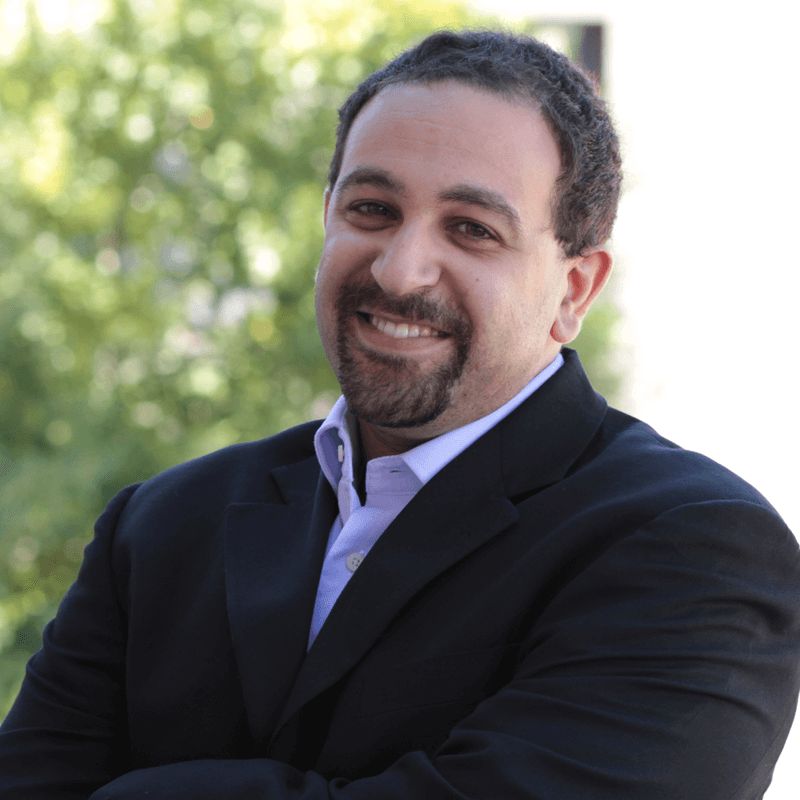About the event
Discover the future of artificial intelligence with the MSc in Major Programme Management.
Join the programme's academic director, Professor Daniel Armanios for this Oxford MSc in Major Programme Management taster lecture, as he explores the latest advancements in artificial intelligence and the likely impact across major projects and programmes.
With continued focus on AI, a natural question is how this will help (or hinder) our deployment of major programmes, as well as where opportunities and challenges exist for major programmes in the AI-driven world of the future.
While most focus on the potential operational gains in improving scheduling and other such processes, we turn to organisational and infrastructure questions. Namely:
- where in the programme structure and design to incorporate which kinds of AI tools and algorithms (organisational)
- what kind of programmes and systems do we need to build and the resources needed to power such systems (infrastructural).
From this perspective, we will identify several gaps and paradoxes that emerge and propose potential solutions.
We will end the session with a short presentation from Magda Brown, Recruitment Manager, on how to prepare a successful application for those who are still considering applying for the October 2024 intake.

